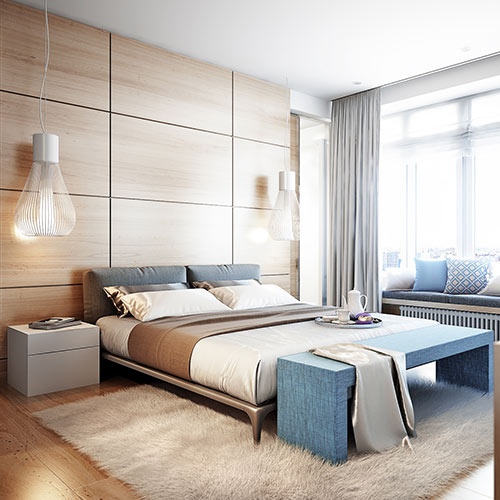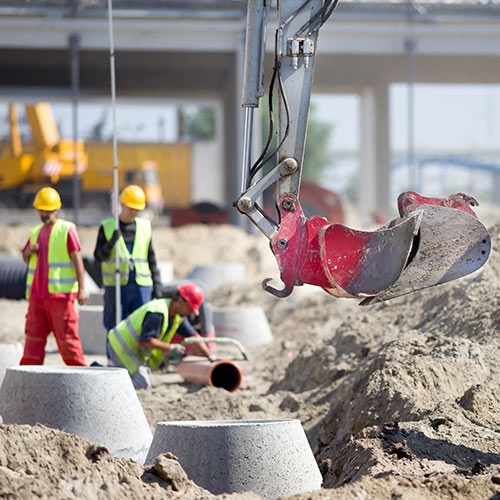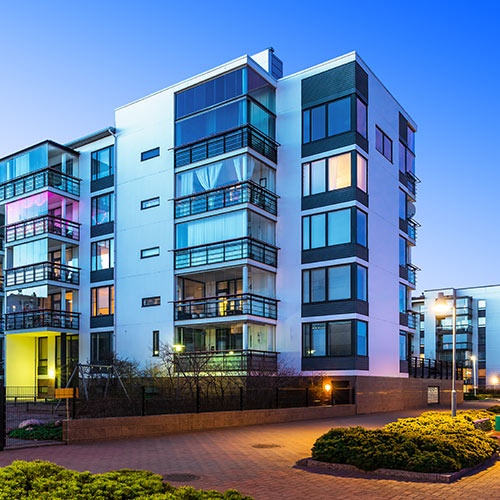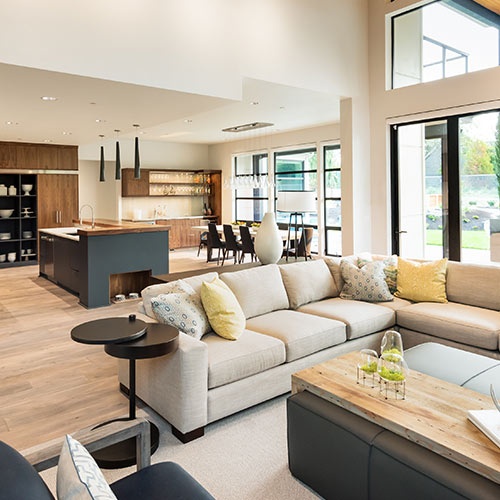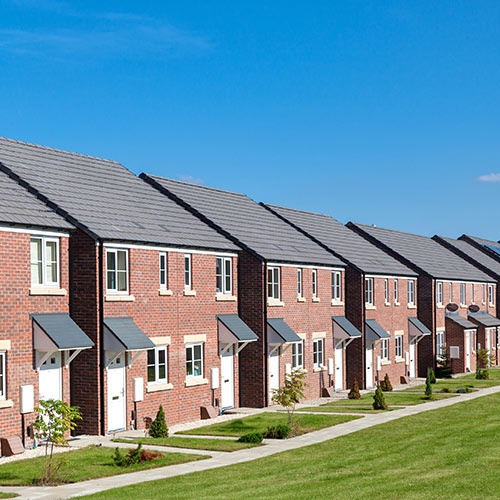FAQs
How much of the floor, wall or ceiling do I need to cover to reduce noise by a given amount?
There is no easy answer to this question, without an inspection from one of our technicians. Our team will be able to calculate the amount of sound absorption material required and the expected reduction in noise levels you should expect in reducing the offending noise source or sources.
Will my neighbours know we are having the soundproof work done?
We offer a completely discreet service, with un-marked vehicles, where required.
Why do I need soundproofing?
Airbourne and Impact Noise pollution is not just a nuisance it can affect your health and invade the privacy of your home.
How can I reduce or prevent noise pollution in my house, apartment or flat?
Firstly, you should establish whether noise insulation or sound absorption is really needed. Sound insulation is frequently asked for in order to keep out unwelcome noise, but is also needed for reducing annoyance to others. Each approach to soundproofing will be dependent on the situation; There are no "one size fits all" type solutions as they are often insufficient and may not work. Everyone's requirements can be vastly different; depending on the type and age of the building where the problem is.
For successful noise reduction and soundproofing to work, we base our advice on the substantial acoustic experience, which we have gained over the years in order to resolve the many different types airbourne and impact noises.
How much space does a sound proof system take up?
We understand that this is one of the key concerns of our clients. We work to your budget to get the right balance between the amount of noise reduction and how much room space is lost. We specialise in many different areas from domestic houses to commercial installations, where not every soundproofing problem is the same. Ceilings, walls and floors all carry sound very differently; however we endeavour to find the right solution for you using our experienced installation engineers.
Do you offer a free cost estimate?
All preliminary estimates are free using our online Quotation Form >>
A site survey is charged at a variable rate, according to distance from our head office. This is determined before hand, and deducted from the final account balance, if we are chosen as your installer.
What’s the difference between soundproofing and sound absorbing products?
Soundproofing products act as a barrier to reduce sound escaping or entering a room or workspace. Sound absorbers absorb the sound within a room and assist to reduce acoustic reverberation within a room etc. Absorbers do not prevent the sound leaving the space but will reduce it. If you are wanting to soundproof a room you will require soundproofing materials, but combined with sound absorbers inside the room will dramatically help reduce the sound before it hits the soundproofing, giving the best all round result.
What are the different types of noise?
Airbourne Noise – Sounds transmitted between different rooms via flanking elements instead of directly through separating elements or along any path other than the direct path. To reduce the amount of sound heard by the other person you would need to install a barrier or Sound Insulator between the source and you, the thicker and denser the barrier then the better the sound reduction will be.
Impact Noise – This is the transmission of sound via the connection of different Materials to each other i.e. Footsteps on a floor of a house. To reduce vibration transmission, you need to either stop the sound getting into the floor, out of the ceiling or a combination of both, by adding a Floating Floor or an Acoustic ceiling system.







